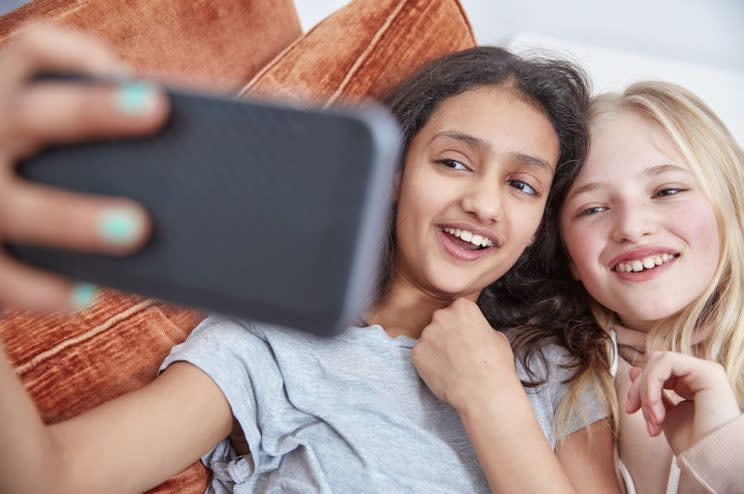Instagram ranked most likely to have negative affect on children’s mental health

Instagram has been deemed the social network most likely to have a negative affect on the mental health and wellbeing of children, according to a new report.
YouTube came out on top of the list as being the social network with the most positive impact in the report from the Royal Society for Public Health (RSPH) and Young Health Movement (YHM).
Twitter, Facebook and Snapchat were rated as having the second, third and fourth most positive impact.

The two health groups that carried out the study are now calling for action from government and social media companies to help promote the positive aspects of social media for young people, while addressing the potential negatives.
“It’s interesting to see Instagram and Snapchat ranking as the worst for mental health and wellbeing – both platforms are very image-focused and it appears they may be driving feelings of inadequacy and anxiety in young people,” said Shirley Cramer CBE, Chief Executive at RSPH.
“As the evidence grows that there may be potential harms from heavy use of social media, and as we upgrade the status of mental health within society, it is important that we have checks and balances in place to make social media less of a wild west when it comes to young people’s mental health and wellbeing.
“We want to promote and encourage the many positive aspects of networking platforms and avoid a situation that leads to social media psychosis which may blight the lives of our young people.”
[graphiq id=”dxXHg7uAsOV” title=”Poll: Most Responsible for Spread of Fake News” width=”600″ height=”532″ url=”https://sw.graphiq.com/w/dxXHg7uAsOV” link=”https://www.graphiq.com” link_text=”Visualization by Graphiq” frozen=”true”]
The findings were based on a survey of nearly 1,500 young people aged 14-24 from across the UK.
The survey asked to score how each social media platform impacted upon their health and wellbeing-related issues such as self-expression, anxiety and FoMO – the ‘fear of missing out’.
READ MORE: Phones which charge to full in five minutes ‘could be on sale next year’
READ MORE: Art-lover alters ‘miserable’ classical portraits to give them cheesy grins
While social media is though to have a number of positive attributes, such helping young build communities and spread awareness, various studies have linked it with anxiety and depression.
“Arguably a benefit of social media is that it reduces isolation by connecting people all over the world,” saidDr Mark Winwood, director of psychological services at AXA PPP Healthcare.
“However, in many ways, it can be a ‘false reality’ – simply a window through which you see just a snapshot of another person’s life. This snapshot is often carefully choreographed and portrays the subject at their best moment and in their best light.
“As such, when seeing others though social media it’s natural to make assumptions about how their life might be and you might believe that they, and others, are all having a great time while you are missing out. A study by researchers from the University of Houston in Texas has shown that social media is contributing to depression due to users comparing themselves to others.”

 Yahoo Finance
Yahoo Finance 
